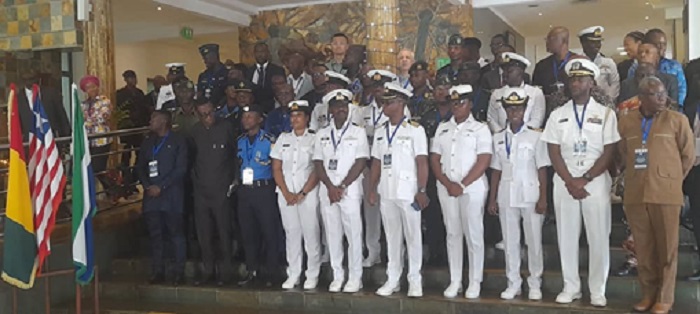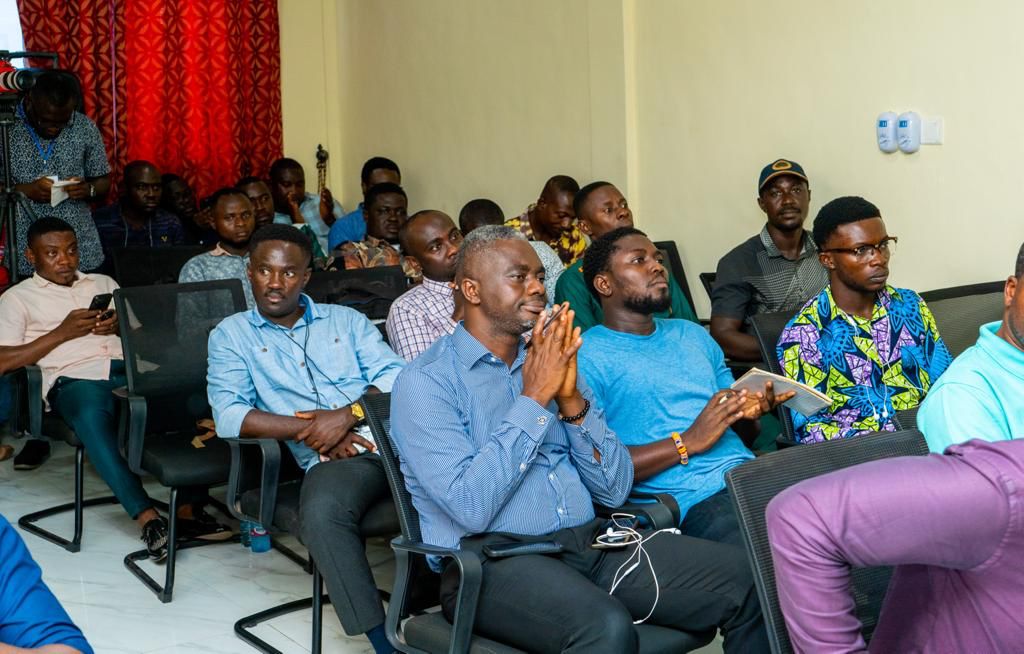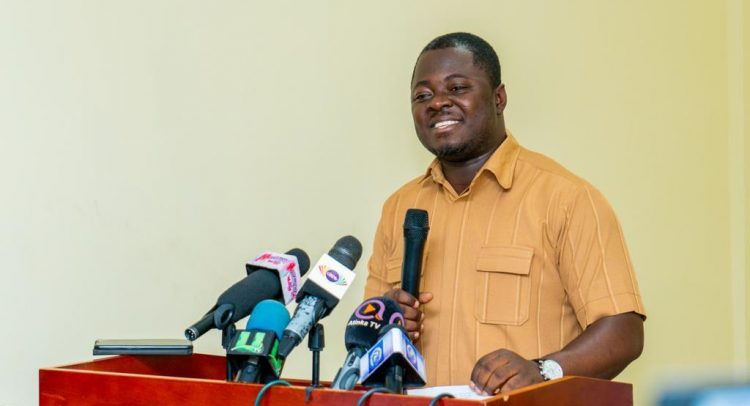
May 25 marks the 54th anniversary of the formation of the Organization of African Unity (OAU), the predecessor to the African Union formed in 2002.

With the readmission of Morocco into the AU during 2016, some have begun to question the anti-colonial mission of the organization. The Monarchy in Rabat has not made any commitment to the United Nations mandated supervised elections aimed at granting the Saharawi Arab Democratic Republic the right to determine its own destiny.
Some African states opposed the reentry of Morocco for this very reason. Either the organization firmly supports the rights colonized peoples to self-determination or it does not. There is really no room for a middle ground.
At the founding of the OAU in Addis Ababa, Ethiopia in 1963, the divisions were largely centered on the issues of the character of the African unification process. Should Pan-Africanism be a gradual process of the merging of regional entities or should it develop at a rapid pace?
Africa being carved up during the Berlin Conference of 1884-1885 and events leading up to that critical period in history, laid the basis for the contemporary crises of the 21st century. From France, Britain, Portugal, Spain, the United States, Germany and the Netherlands, the imperialists drained the continent of its human and material resources creating the conditions for the development of Europe and North America and the instability and underdevelopment of the continent.
Yet long before the dawn of the present century during the founding summit of the OAU, Dr. Kwame Nkrumah, the first prime minister and later president of independent Ghana, appealed in his address delivered on May 24, 1963 to the African heads-of-state for continental unity as the only viable solution to the problems of mass poverty, super exploitation and the consolidation of neo-colonialism. The events which took place in the former Belgian Congo in 1960-61 where the elected government of Prime Minister Patrice Lumumba was overthrown through the machinations of the Belgians, the U.S. and the UN, illustrated clearly the monumental tasks of acquiring genuine national independence and unity.
Lumumba was eventually driven from the capital of Leopoldville (Kinshasa) where he sought refuge among his supporters in the Congolese National Movement (MNC-Lumumba) in the East of the vast mineral-rich state. Eventually he was captured by the imperialists and their agents.
By late January 1961, Lumumba had been vilified by the western media, unjustly detained, beaten, tortured and executed. This series of events portended much for the future of the struggle for Pan-Africanism exposing fully the institutional resistance on a global scale to the forward advancement of the oppressed and exploited workers, farmers and youth of the continent.
Nkrumah emphasized in his 1963 speech in Addis Ababa that: “A whole continent has imposed a mandate upon us to lay the foundation of our union at this conference. It is our responsibility to execute this mandate by creating here and now, the formula upon which the requisite superstructure may be created. On this continent, it has not taken us long to discover that the struggle against colonialism does not end with the attainment of national independence. Independence is only the prelude to a new and more involved struggle for the right to conduct our own economic and social affairs; to construct our society according to our aspirations, unhampered by crushing and humiliating neo-colonialist controls and interference.”
The Contemporary Challenges from Egypt to Nigeria
These words from Nkrumah were indeed prophetic. Looking at the situation today in the North African state of Egypt sheds enormous light on the present crises.
Egypt is the third-largest populated country on the continent. It is the gateway to Western Asia where there is an historic link with the ancient civilizations which shaped the scientific, cultural and intellectual foundations of the modern world.
Nonetheless, this potential is stifled due to the continued domination of imperialism. Egypt is faced with political divisions between Islamist and Nationalist forces. The military coup of July 2013 further solidified the role of the military within the state. There is an armed opposition based in the Sinai where natural gas resources abound. These assets cannot be fully utilized for the benefit of the African continent because of the dominate role of the State of Israel and the U.S.
The country of Egypt remains impoverished despite its enormous wealth. At present there is still the failure to resolve the issues surrounding the usage of the Nile River. Ethiopia is constructing a Renaissance Dam which could impact the access of this waterway from Egypt to other contiguous Nile basin states including Sudan, Uganda and Kenya. The peaceful resolution of these disagreements will determine the outcome of any development projects for the region.
In the West African state of Nigeria, the largest populated nation on the continent, with its gargantuan oil and natural gas resources, is battling a renewed economic recession. The price of oil has dropped precipitously over the last three years due to overproduction.
Since the post-colonial African states are dependent upon the purchasing power of the West which determines the price of commodities and the terms of trade, the currency values and foreign exchange reserves have dropped significantly. Nigeria as well is divided through the guerrilla war which has been raging in the Northeast since 2009 where Boko Haram has caused havoc among the people of this region of the country, often described as the least developed due to the legacy of British colonialism.
From Somalia to South Africa: The Problems of Water and Resource Harnessing
The Horn of Africa has been a source of imperialist intrigue on the continent for at least four decades. In Somalia, where oil resources exist in abundance in the North and offshore in the Central and South of the nation, the country is undergoing a calamity of unprecedented proportions.
Millions are threatened with famine as a result of the lack of food and potable water. Crop failures stem from the lack of stability and security. The war between Al-Shabaab and the western-backed government in Mogadishu is by no means subsiding. This is the situation despite the presence of 22,000 African Union Mission to Somalia (AMISOM) troops stationed in the country for the last decade. Obviously the wealth of Somalia is being siphoned off by the transnational corporations based in the West and their allies within government.
South Africa, the most industrialized state on the continent, is suffering from high unemployment, continuing poverty, declining currency values, inadequate service delivery and a burgeoning energy crisis. A sub-continental drought and lack of investment in infrastructure has rendered the nation without the proper capacity to generate power for the much-needed second industrial transformation. There has been a systematic disinvestment by capital since the ascendancy of the ruling African National Congress (ANC) in 1994 after decades of intense struggle against settler-colonialism and apartheid.
Considerable pressure has been brought on the society from international finance capital to the extent that now there are intense polemics within the tripartite alliance (the ANC, the Communist Party and the Congress of South African Trade Unions) over how to proceed in the National Democratic Revolution. All the while opposition forces led by the objectively racist and pro-imperialist Democratic Alliance (DA), is being positioned for the staging of a political coup that would re-institute a form of neo-apartheid. The lessons of Congo (1960-61) and Ghana (1966) are not as far removed as many may surmise. Imperialism has never accepted the advent of genuine independence and socialist development over the last five or more decades.
As Nkrumah also stated in his OAU lecture of 1963, “We are fast learning that political independence is not enough to rid us of the consequences of colonial rule. The movement of the masses of the people of Africa for freedom from that kind of rule was not only a revolt against the conditions which it imposed. Our people supported us in our fight for independence because they believed that African governments could cure the ills of the past in a way which could never be accomplished under colonial rule. If, therefore, now that we are independent we allow the same conditions to exist that existed in colonial days, all the resentment which overthrew colonialism will be mobilized against us. The resources are there. It is for us to marshal them in the active service of our people.”
These are some of the lessons of the last 54 years that must guide the AU member-states into the concluding years of the second decade of the 21st century. The alternative to a totally liberated and unified Africa is imperialism in its most profane and exploitative phase.
By Abayomi Azikiwe
Editor, Pan-African News Wire
Tuesday May 23, 2017

















Facebook
Twitter
Pinterest
Instagram
Google+
YouTube
LinkedIn
RSS